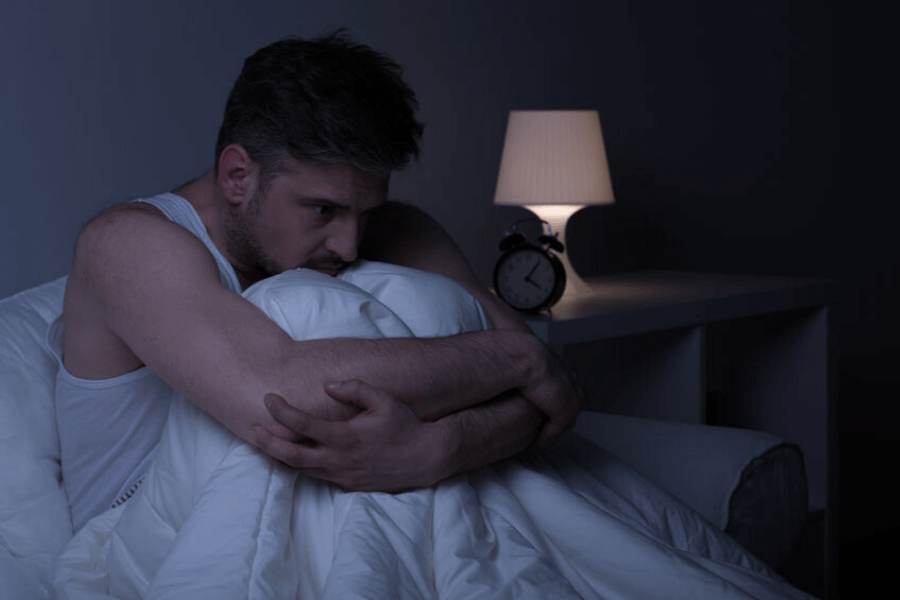A 2013 meta-analysis of 12,626 people found a link between diabetes and anxiety. Estimates report that anxiety affects approximately 40% of diabetics. But what would cause the correlation between the two? Healthcare professionals put together a list of ways diabetes may cause or contribute to anxiety.
Possible causes
For people with diabetes, it can be both challenging and stressful to not only manage their blood sugar but also ensure that it stays in a healthy range. This includes avoiding certain foods, timing insulin doses, tracking blood sugar throughout the day and paying attention to specific food ingredients.
In addition, some diabetics worry frequently that their prognosis may worsen, causing more debilitating symptoms, such as blindness, foot damage, kidney damage, Alzheimer’s and even death.
A 2015 study on animals also found that even just a few episodes of hypoglycemia can trigger chemical and metabolic changes that trigger the part of the brain that processes anxiety. Just look at the shared symptoms between hypoglycemia and anxiety:
- rapid heartbeat
- fatigue
- headaches
- lightheadedness
- irritability
- attention struggles
Diagnosing diabetes and anxiety
While diabetes can be diagnosed using blood tests—such as A1C, glucose tolerance, fasting blood sugar or a random blood sugar test, anxiety isn’t always so easy to determine.
Typically, a doctor, psychiatrist or psychotherapist will ask you to fill out a questionnaire detailing your physical and psychological symptoms, or they may ask you questions in person.
Treating anxiety
While treating diabetes generally includes medication, weight loss, exercise, nutritional guidance and blood sugar monitoring, treating anxiety isn’t always as simple as taking a pill.
Diabetics with anxiety may be encouraged to participate in individual counseling or group therapy, to make lifestyle changes (such as adding meditation or yoga or other forms of exercise), and/or enrolling in cognitive behavioral therapy or other therapy techniques.
Other precautions that may help both diabetes and anxiety include avoiding recreational drugs, limiting or avoiding alcohol and getting plenty of sleep.


